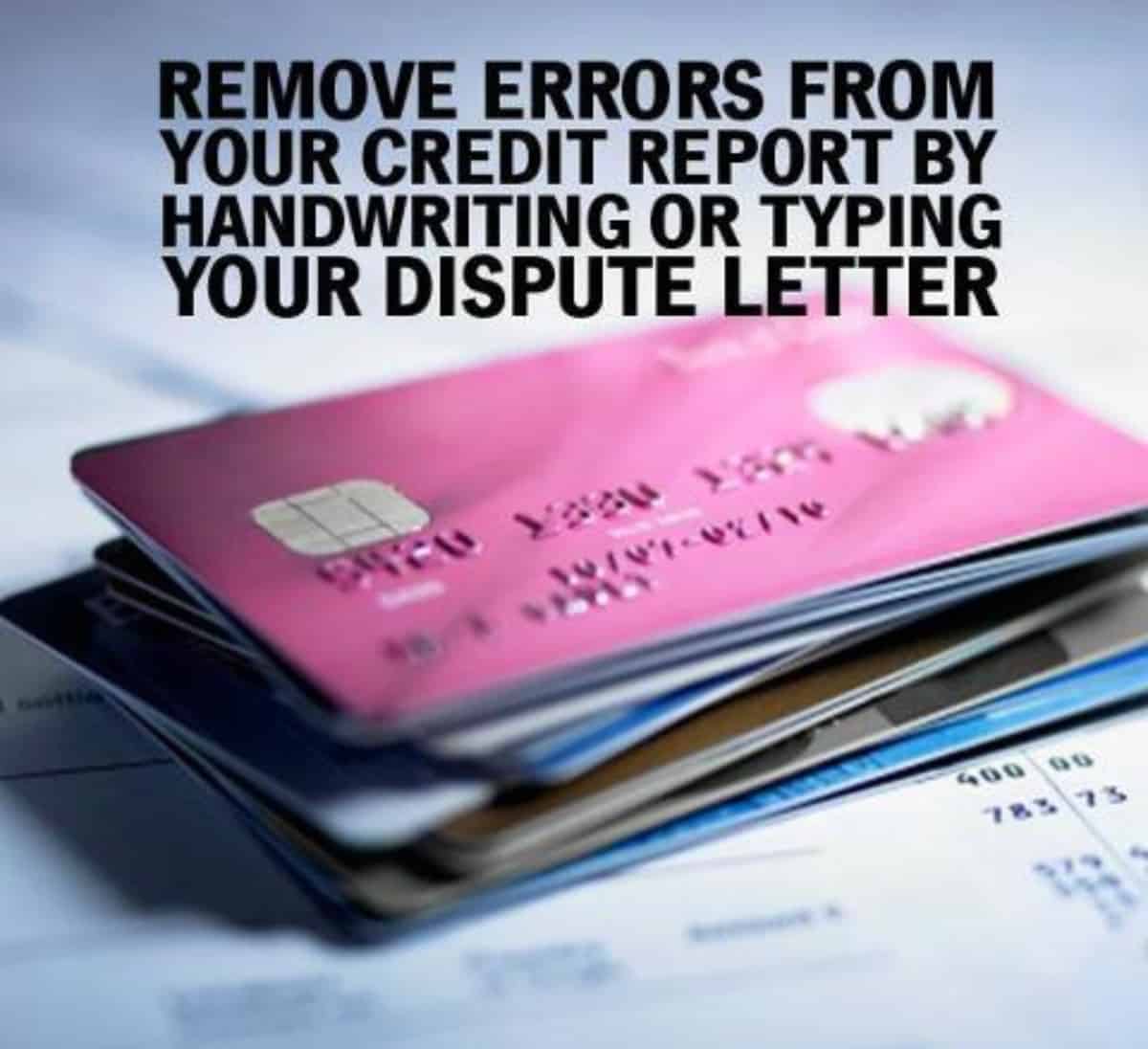[monkeytools msnip=”http://monkeyplayr.com/playr.php?u=5173&p=20413″]
Credit Karma Canada review: Introduction
Credit Karma Canada has arrived recently from the United States. Its website is creditkarma.ca. Right now they run in most provinces but not yet in Quebec, Nunavut, the Yukon or the Northwest Territories; but they are working on it. The purpose of this blog is to provide our Credit Karma Canada review, tell you what it is and to let you decide if it will be helpful or not for you or someone you know.
Since 2007, Credit Karma USA (CKUSA) has attempted to simplify credit and finance for more than 60 million CKUSA members. They advertise very heavily on US television to attract new members. Becoming a member is free, and it allows any member to get access to their free credit score and credit report, with the option to update every single week. CKUSA also provides financial education to put credit into context.
It’s mission statement is:
“Everyone deserves to feel confident about their finances. Our job is to give you the tools, the education and the opportunities you need to make real, meaningful progress.”
Credit Karma Canada review: Is it really free? Is it legitimate?
So far so good. Like a lot of things advertised as being free, you may wonder to yourself is it really free? Is it legitimate?
The answer is yes; accessing your credit score, your credit report and the financial and educational aspects are free. However, it is a money-making operation. They make money in at least two ways:
- They have ads to make money. So if you don’t like ads, just ignore them; and
- They do promote various credit card, mortgage and loan programs which they hope members will purchase when needed. When someone takes an offer through CKUSA, it makes money from one of its partners (like the bank that issues a credit card or the lender who funds a loan). Presumably, Credit Karma Canada (CKC) will be following that model by establishing such partnerships.
Credit Karma Canada review: So how does it work?
So this is how it works. When you first open your account and set up your unique password, it’s going to ask you different questions to confirm your identity, including your date of birth and social insurance number. They are trying to become the best-known credit bureau of Canada.
It might include things like where did you get your last car, what kind of car do you have, what addresses have you lived at in the last five years, what address do you currently live at. All of the questions offer you multiple choices to choose from. Once you finish that process your account is open. This allows you to log in either from the app or from their website.
In order to ask you the setup questions, and to then be able to give you your free credit score and report, CKC obtains information from one of our two credit reporting agencies, TransUnion. In the United States, Credit Karma uses both Equifax and TransUnion.
CKC also searches certain public record databases to look for other information such as:
- Bankruptcy: A legal filing by people or businesses seeking certain types of relief from all or some their debt.
- Civil Judgment: A non-criminal ruling in a court of law, often requiring the person or business to pay damages.
- Registered Items: Other items included in public records, like a lien against your car or a mortgage or loan registered against your house.
Credit Karma Canada review: Does using it lower my credit score?
You can watch your score through CKC anytime you want. Unlike a potential or real lender performing a check on you, the more times you go into the CKC database it does not affect your score. The TransUnion and Equifax credit score algorithm reduces your score every time someone does a check on you.
The theory is that each credit check is either related to your having applied for new loan(s), or an existing lender feels the need to check up on you. The algorithm interprets this as your need for more borrowing. If the checks are too often or too close together, their algorithm assumes you are experiencing some financial problems requiring more loans. The CKC algorithm prevents this from happening, which is a good thing.
However, remember that the CKC algorithm is different from the one used by TransUnion and Equifax; this is an important distinction which I will explain shortly.
Credit Karma Canada review: Things I like about it
A feature that I do like is that the CKC report will help you understand what factors are impacting your score, thereby telling you what you need to work on to improve your score. This is especially for young people who are just learning about borrowing and personal finance for the very first time. CKC gives advice for how to help improve your score and things not to do.
So it is handy to find out about:
- payment history;
- credit use;
- derogatory remarks on your financial history;
- total account and inquiries;
- your full report; and
- credit advice.
CKC gives you an easy way to see how you’re doing financially, how much money you have tied up between charge cards and auto and other loans. It also gives you tips on how to improve your score, all for free.
It is an easy and efficient way of checking up on yourself that TransUnion, Equifax or any of our Canadian financial institutions have never done. So, in my view, CKC is providing a real service and benefit.
Credit Karma Canada review: Things I do not like about it
So are there any downsides? Since CKC is not yet advertising who its financial product partners are, I have to look at the US operation. So, my comments come from a review of only CKUSA.
I’m not convinced that I would personally recommend any of the financial partners. Here are the reasons why:
- The financial partners have to pay a fee to CKUSA, and that fee has to be reflected in the cost of the financial product itself, making it higher.
- It is safe to assume that CKUSA members are working on improving their scores. The financial partners may be pricing their products for those people who have not achieved enough of a score to go and negotiate the rate they will be paying with any Bank. Again, this means the cost of any specific financial product through CKUSA could be higher than otherwise available to people with a better score.
- So if you do have a good score, you can probably get a better deal by going to the Bank you normally deal with.
- Once CKC establishes its Canadian financial partners, we will have to see if it follows this higher priced US model.
- The most common complaint in the US is that the score through CKUSA is different from the score calculated by either Equifax or TransUnion.
Recall that I gave an example of how the CKUSA algorithm was different from the one used by the credit reporting agencies? Well, it is further differences in the algorithms that causes this disparity. I am not talking about a small disparity either. Complaints show that the difference could be as much as 100 points!
CKC states that it shows the same credit rating and report that TransUnion shows. Again, time will tell if the Canadian experience is the same or different from in the United States.
My final point is not a criticism, but merely a fact. CKC describes their system as being safe, they respect your privacy and do not share your information with any third-party.
However, when you give personal information on a website, and especially financial information including your social insurance number, this always provides an opportunity for hackers and phisher scam artists to attempt to either hack the system or use phishing emails and websites to attempt to steal your identity.
Credit Karma Canada review: Only you are in control of your credit and debts
I hope that you realize from this blog that understanding your credit score and credit report and obtaining more financial education are all positive things and are necessary to be able to have a good financial life. However, sometimes life gets in the way and good people experience debt problems.
Only you can be the one to deal with your debt to get on top of it and gain back your life. If you don’t know how to go about reducing your debt, start by contacting Ira Smith Trustee & Receiver Inc. There are many ways to deal with debt. As experts we can help you make the best choice and set you on a path to debt free living Starting Over, Starting Now. Make an appointment for a free, no obligation today.


